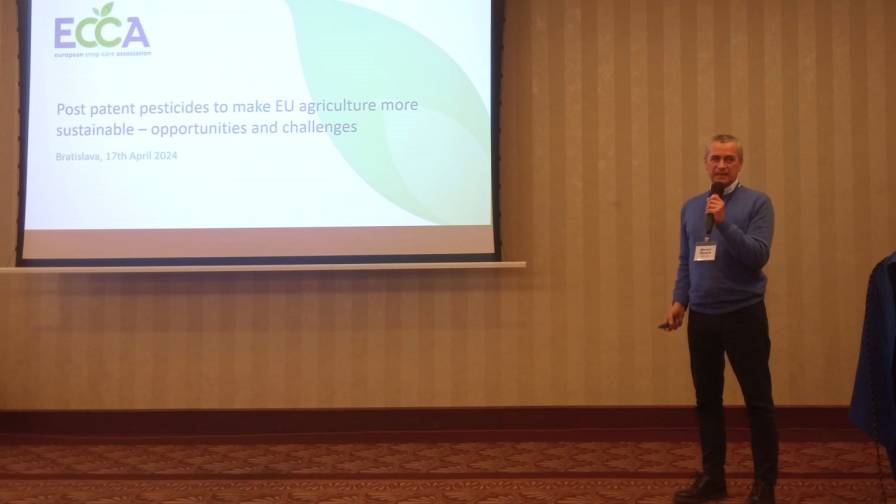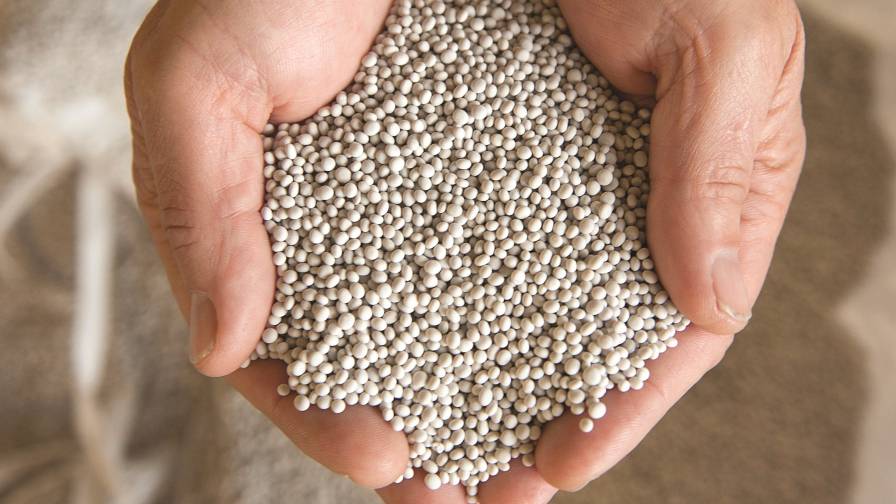South Africa: Variety Drives Agriculture
Self-sufficient in almost all major agricultural products, South Africa features both commercial and subsistence farming. A range of seven climatic regions offers opportunities for diverse crops covering both basics and niche markets.
Trade Agreements
Since 1994, South Africa has deregulated its ag industry, dropping all government subsidies. To manage price risk, specialized support institutions like the South African Futures Exchange and the Agricultural Futures Market of the Johannesburg Stock Exchange were established.
Free trade agreements with the South African Development Community and the EU allow lower tariffs across borders.
South Africa also enjoys a preferential trade agreement with the US through the African Growth and Opportunity Act, which lowers tariffs and removes quotas. GSP (generalized system of preferences) status is given to South Africa by nations in the EU, as well as Canada, Czech Republic, Hungary, Japan, Norway and Switzerland.
Top Crops
South Africa produces several major crops, including grains, which account for 25% to 33% of the country’s gross agricultural production. The main grain crop is corn; grown by more than 9,000 commercial producers and several thousand small-scale producers, corn is the main staple crop for South African people. The second largest area of cropland is planted to wheat, followed by sunflower seed.
South Africa is the world’s 10th largest producer of sunflower seed and 13th largest producer of sugar. Sugarcane is grown in 15 different areas across the country, yielding about 2.5 million tonnes of sugar every season. Cotton is grown by small shareholders, with 75% of the crop harvested by hand.
Vegetables are planted on a smaller scale, with potatoes as the main crop at about 40% of vegetable farmers’ income. Tomatoes, onions and sweet corn — particularly green mealies — make up another 38%.
The wide climatic and geographical range in South Africa also allows for growth of many varieties of fruit, including citrus, pineapples, avocados, mangoes, bananas and guavas. As the world’s ninth largest wine producer, South Africa has over 110,000 hectares (ha) of grapes, with over 300 million vines.
Biotech Nation
South Africa adopted genetically modified (GM) crops in 1996, and since then has grown GM corn, soybeans, and cotton. As of February 2009, the country ranked No.8 in biotech nations, planting more than 1.8 million ha of GM crops.
Area planted continues to grow, with corn increasing by 10,000 ha, soybeans by 40,000 ha, and cotton by 2,000 ha in 2008. Monsanto is currently testing YieldGard, for stalk borer resistance; a drought-resistant variety; and a variety that improves nitrogen utilization.





